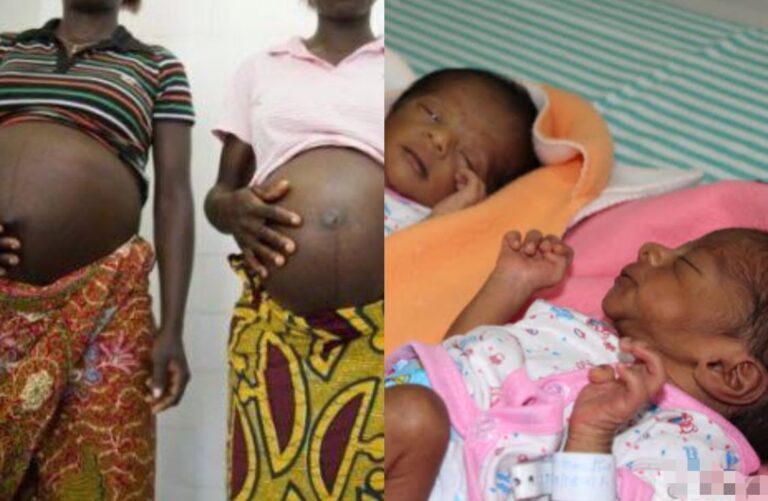
The World Health Organisation (WHO) says one pregnant woman or newborn dies every seven seconds as global progress in reducing deaths of pregnant women, mothers, and babies has flatlined for eight years.
In a new report published on Tuesday, WHO attributed the increase in maternal and newborn deaths to decreasing investments in the sector.
The report, improving maternal and newborn health and survival and reducing stillbirth, assesses the latest data, which have similar risk factors and causes, and tracks the provision of critical health services.
The report shows that progress in improving survival has stagnated since 2015, with around 290,000 maternal deaths each year, 1.9 million stillbirths – babies who die after 28 weeks of pregnancy – and a staggering 2.3 million newborn deaths, during the first month of life.
The report shows that over 4.5 million women and babies die yearly during pregnancy, childbirth or the first weeks after birth, equivalent to one death every seven seconds, mostly from preventable or treatable causes if proper care was available.
The new publication was launched at a major global conference in Cape Town, South Africa.
The COVID-19 pandemic, rising poverty, and worsening humanitarian crises have intensified pressures on stretched health systems. One in 10 countries (of more than 100 surveyed) report having sufficient funds to implement their current plans.
According to the latest WHO survey on the pandemic’s impacts on essential health services, around 25 per cent of countries still report ongoing disruptions to vital pregnancy and postnatal care and services for sick children.
“Pregnant women and newborns continue to die at unacceptably high rates worldwide, and the COVID-19 pandemic has created further setbacks to providing them with the healthcare they need,” said Anshu Banerjee, director of the Maternal, Newborn, Child and Adolescent Health and Ageing at WHO.
Mr Banerjee added, “If we wish to see different results, we must do things differently. More and smarter investments in primary healthcare are needed now so that every woman and baby — no matter where they live — has the best chance of health and survival.”
Funding losses and underinvestment in primary healthcare can devastate survival prospects. For instance, while prematurity is now the leading cause of all under-five deaths globally, less than a third of countries report having sufficient newborn care units to treat small and sick babies.
In the worst-affected countries in Sub-Saharan Africa and Central and Southern Asia, the regions with the greatest burden of newborn and maternal deaths, fewer than 60 per cent of women receive even four of WHO’s recommended eight antenatal checks.
“The death of any woman or young girl during pregnancy or childbirth is a serious violation of their human rights,” Julitta Onabanjo, Director of the Technical Division at the United Nations Population Fund (UNFPA), said.
Ms Onabanjo explained that it also “reflects the urgent need to scale up access to quality sexual and reproductive health services as part of universal health coverage and primary health care, especially in communities where maternal mortality rates have stagnated or even risen during recent years.”
(NAN)


